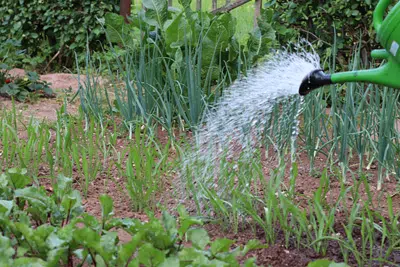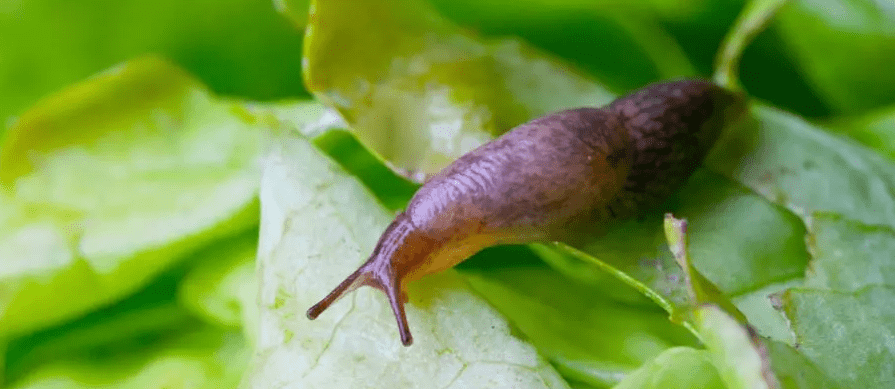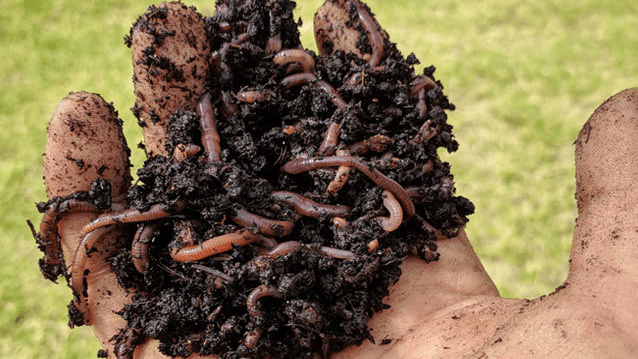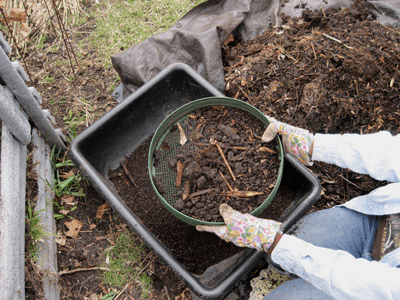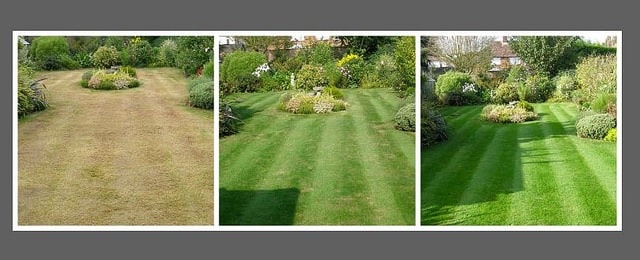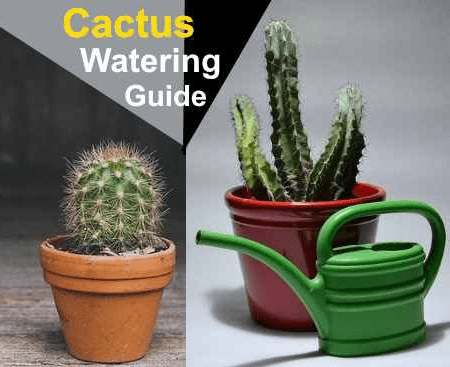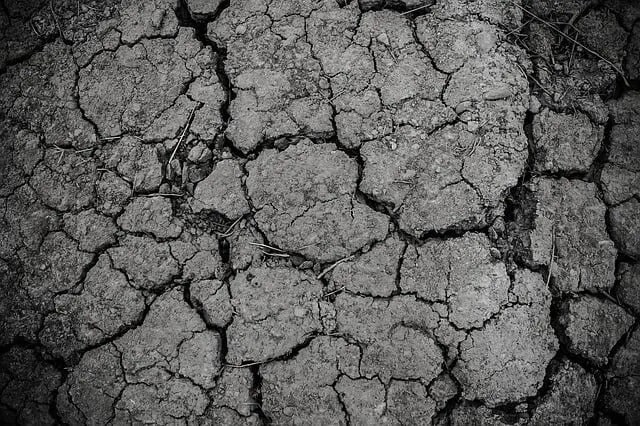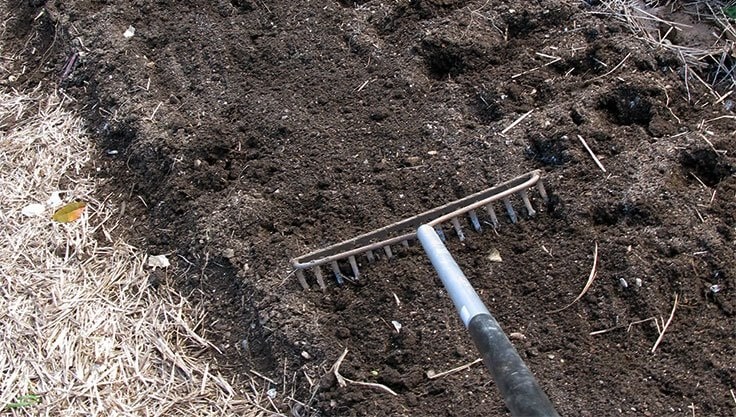People love mineral water, whether carbonated or not. But plants can also enjoy mineral water. They are not primarily concerned with quenching their thirst. They are much more interested in the elements dissolved in the water. However, not all water is the same, and every plant has its preferences. When and in what dose may we pour mineral water into the flower pot?
Minerals water benefits
Among other things, plants need various minerals to develop naturally. They get these with their roots from the soil in which they grow. Thus, over time, the soil becomes more and more depleted. The need for new minerals increases and is usually satisfied with regular applications of fertilizer. But mineral water also holds minerals that are useful to plants. Foremost among these are:
- Magnesium
- Potassium
- Sodium
Function as a thirst quencher
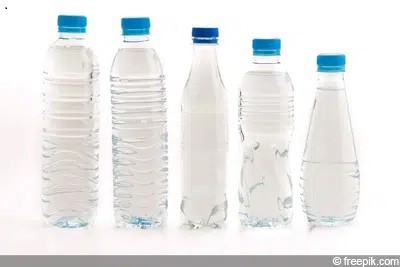
Of course, not only the minerals are utilized. The liquid itself also serves to quench the plant’s thirst for water. This type of water can therefore be a supplement to tap water and rainwater. The dissolved minerals make mineral waters harder than rainwater. But it is still softer compared to tap water in many areas of the country. Also, soft rainwater is not available to every plant owner for their houseplants.
Contents
Still water or carbonated water?
Both waters have minerals in equal measure, although their concentration varies from variety to variety. The dissolved CO2 makes the crucial difference. It tingles so beautifully on the tongue and refreshes, at least most people. We know from plants that they don’t mind the gas in the water. After all, they consume CO2 themselves during photosynthesis. Both still and carbonated water are therefore suitable for watering plants. Of course, also stale water, from which most of the CO2 has already escaped.
Which plants to water?
All plants need minerals, so they can all benefit from store-bought bottled water. A small dose every now and then can be tolerated by any plant. Especially those that don’t like lime too much. Unfortunately, the tap water in many places contains too much of this. In addition, each plant will quickly indicate whether watering with mineral water suits it. If it thrives splendidly and makes a vital impression, then stick with it. Otherwise, you should rather use a different watering water and a more suitable fertilizer.
How often to water?
Theoretically, a plant can be watered exclusively with mineral water. The question of how often then depends on how often a plant species needs watering. The dose of minerals dissolved in the water is usually so low that overfertilization is not to be feared. Only types of water with a high conductance, i.e., high nutrient concentration, should be used sparingly. They can increase the salt concentration in the soil, which can cause burns to the roots. They also have a high degree of hardness and are consequently not suitable in the long term for plants such as azaleas, which prefer soft water.
Anyone who regularly empties mineral water bottles by simply pouring leftovers into a plant’s pot can do a lot wrong. He risks not watering according to need. For example, most plants like the soil to dry out before they get water again. Wet roots are often met with rot. It doesn’t matter if it’s possibly the finest and most expensive water the market currently has to offer. Leave half-empty water bottles until it is time for the water supply. You can also collect the mineral water leftovers in a watering can in the meantime.
Mineral-rich water as a fertilizer substitute?
For plants whose mineral requirements are high, this type of fertilization may not be sufficient. Other plants will also run short if they are only sporadically watered with mineral-rich water. Inform yourself beforehand about the needs of the plant, so that it does not come to deficiency symptoms. However, you should also rely on your own observations in this respect.
Cost factor
Bottled water can be considered expensive compared to tap water. Especially in view of the fact that plants regularly require water supply. If they are watered exclusively with mineral water, the “price-performance ratio” is no longer correct.
Watering with mineral water is therefore suitable in selected cases:
- no other water is available
- sensible use of stale water residues
- watering plant species that benefit greatly from it

